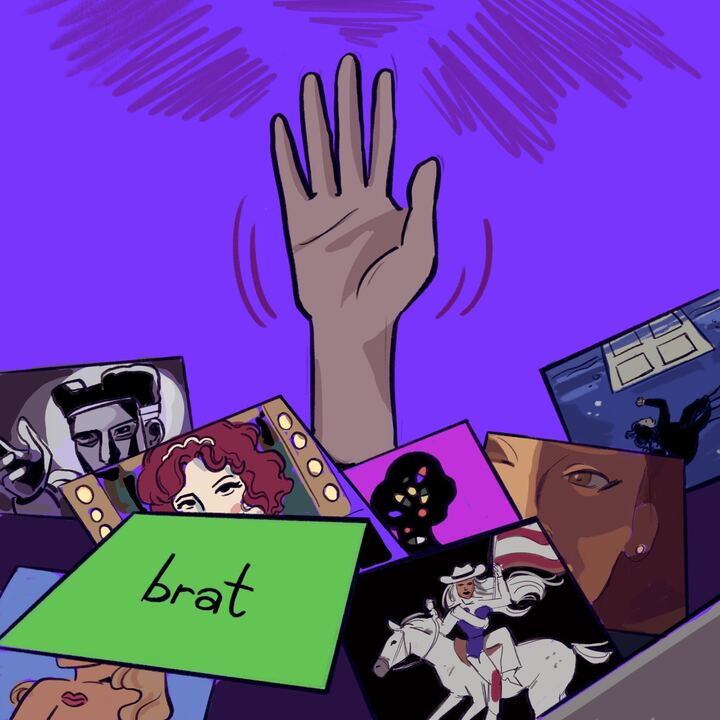
Citizens who receive governmental aid under the Temporary Assistance for Needy Families program in Kansas will probably want to move to another state. When Kansas Gov. Sam Brownback signed House Bill 2258 into law last week, he made it illegal for TANF enrollees to spend their benefits on alcohol, professional or collegiate sporting event tickets, body piercings, movie theater tickets, lingerie, dog or horse racing facilities, psychics, and jewelry store purchases.
This list represents just a fraction of H.B. 2258’s spending restrictions, which are strangely specific. Apparently, Brownback believes the poor should be allowed to spend their money at golf courses but not theme parks. They can spend their cash assistance at ski resorts, but they are barred from using it at swimming pools.
So, since the Kansas Legislature has effectively decreed that welfare recipients are no longer allowed to have fun, it is in the best interest of TANF enrollees to get out of Kansas as quickly as possible. Unfortunately, H.B. 2258 bans them from spending cash benefits in any state other than Kansas. Even assuming that those on welfare have the financial means to travel outside of Kansas, this provision substantially reduces their ability to leave the state for even brief trips.
The law also limits cash withdrawals from ATMs to $25 per day, which places an unreasonably heavy burden on anyone who, you know, pays for things in cash.
On a most basic level, H.B. 2258 is stupid and unenforceable. But more importantly, it is an outrageous affront to anyone who receives government assistance. It assumes that TANF enrollees are wasteful spenders who do not know how to manage money responsibly. It further perpetuates the wrongful notion that welfare recipients have the luxury of choosing to spend money on cruises and casinos rather than food and rent. Finally, it suggests that the poor are somehow less deserving of pleasure and enjoyment than the wealthy.
In 2013, the U.S. Bureau of Labor Statistics published a study that compared the spending patterns of families receiving means-tested government assistance to those not receiving assistance. The results indicated that families receiving assistance spent 77 percent of their total income on food, housing and transportation. Families not receiving assistance, in contrast, spent only 65.5 percent of their income on these items. Moreover, the study revealed that the total expenditures of families not receiving assistance were, on average, double those of families on welfare.
The BLS publication thoroughly discredits the myth of the lazy, tax-wasting welfare recipient, as do other similar reports. Statistics show that families enrolled in programs like TANF do not spend the majority of their income on the goods and services listed in H.B. 2258 — but, rather, on necessities such as nutrition and health care.
If Kansas wants to limit how its welfare recipients spend money, it should impose the same restrictions on people who receive governmental aid in other forms. State legislators, for example, whose salaries are fully funded by taxpayers, should be subject to the same spending guidelines. After all, they weren’t elected to go swimming or watch movies.
Although it was passed in Kansas, H.B. 2258 seems like just the type of law that the Arizona State Legislature loves to enact. Hopefully, Gov. Doug Ducey and his puppets on Capitol Hill will demonstrate respect for those who receive government benefits by refusing to follow in Kansas’ footsteps.
_______________
Elizabeth Hannah is biochemistry sophomore. Follow her on Twitter.








